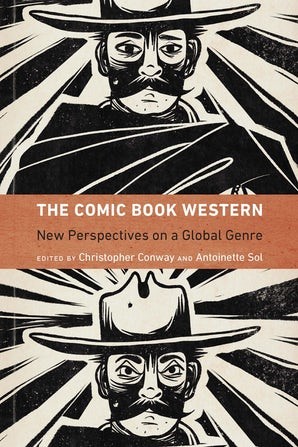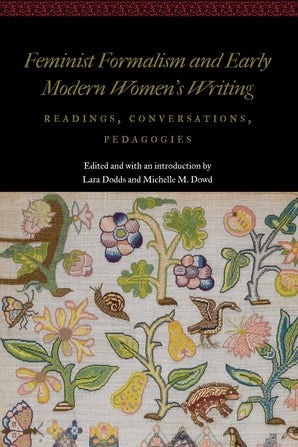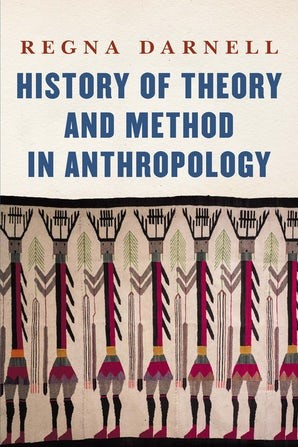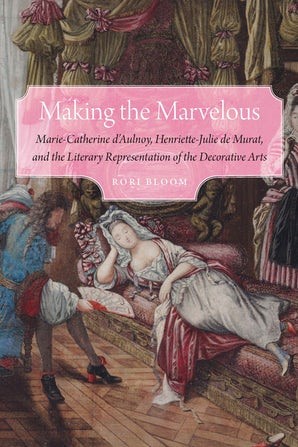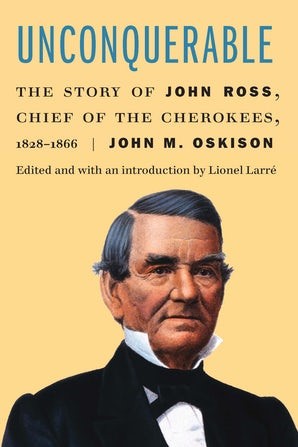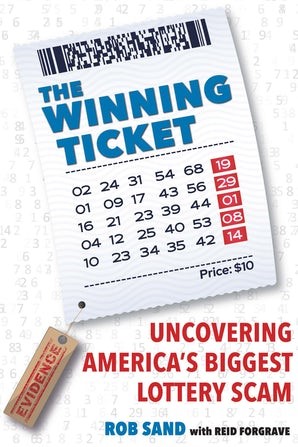The Nebraska Publications Clearinghouse receives documents every month from all Nebraska state agencies, including the University of Nebraska Press (UNP). Each month we will be showcasing the UNP books that the Clearinghouse has received.
UNP books, as well as all Nebraska state documents, are available for checkout by libraries and librarians for their patrons.
Here are the UNP books the Clearinghouse received in April 2022:
The Comic Book Western : New Perspectives on a Global Genre, Edited by Christopher Conway and Antoinette Sol ; Series: Postwestern Horizons
One of the greatest untold stories about the globalization of the Western is the key role of comics. Few American cultural exports have been as successful globally as the Western, a phenomenon commonly attributed to the widespread circulation of fiction, film, and television. The Comic Book Western centers comics in the Western’s international success. Even as readers consumed translations of American comic book Westerns, they fell in love with local ones that became national or international sensations.
These essays reveal the unexpected cross-pollinations that allowed the Western to emerge from and speak to a wide range of historical and cultural contexts, including Spanish and Italian fascism, Polish historical memory, the ideology of shōjo manga from Japan, British post-apocalypticism and the gothic, race and identity in Canada, Mexican gender politics, French critiques of manifest destiny, and gaucho nationalism in Argentina. The vibrant themes uncovered in The Comic Book Western teach us that international comic book Westerns are not hollow imitations but complex and aesthetically powerful statements about identity, culture, and politics.
Feminist Formalism and Early Modern Women’s Writing. Edited and with an introduction by Lara Dodds and Michelle M. Dowd ; Series: Women and Gender in the Early Modern World
Feminist Formalism and Early Modern Women’s Writing reexamines the relationship between gender and form in early modern women’s writing in essays that elaborate the specific literary strategies of women writers, that examine women’s debts to and appropriations of different literary genres, and that offer practical suggestions for the teaching of women’s texts in several different contexts. Contributors explore the possibility of feminist formalism, a methodology that both attends to the structural, rhetorical, and other formal techniques of a given text and takes gender as a central category of analysis. This collection contends that feminist formalism is a useful tool for scholars of the early modern period and for literary studies more broadly because it marries the traditional questions of formalism—including questions of style, genre, and literary history—with the political and cultural concerns of feminist inquiry.
Contributors reposition works by important women writers—such as Margaret Cavendish, Hester Pulter, Mary Wroth, and Katherine Philips—as central to the development of English literary tradition. By examining a variety of texts written by women, including recipes, emblems, exchanges, and poetry, Feminist Formalism and Early Modern Women’s Writing contributes to existing scholarship on early modern women’s writing while extending it in new and important directions.
History of Theory and Method in Anthropology. By Regna Darnell ; Series: Critical Studies in the History of Anthropology
Regna Darnell offers a critical reexamination of the theoretical orientation of the Americanist tradition, centered on the work of Franz Boas, and the professionalization of anthropology as an academic discipline in the United States in the late nineteenth and early twentieth centuries. History of Theory and Method in Anthropology reveals the theory schools, institutions, and social networks of scholars and fieldworkers primarily interested in the ethnography of North American Indigenous peoples. Darnell’s fifty-year career entails foundational writings in the four fields of the discipline: cultural anthropology, ethnography, linguistics, and physical anthropology.
Leading researchers, theorists, and fieldwork subjects include Claude Lévi-Strauss, Franz Boas, Benjamin Lee Whorf, John Wesley Powell, Frederica de Laguna, Dell Hymes, George Stocking Jr., and Anthony F. C. Wallace, as well as nineteenth-century Native language classifications, ethnography, ethnohistory, social psychology, structuralism, rationalism, biologism, mentalism, race science, human nature and cultural relativism, ethnocentrism, standpoint-based epistemology, collaborative research, and applied anthropology. History of Theory and Method in Anthropology is an essential volume for scholars and undergraduate and graduate students to enter into the history of the inductive theory schools and methodologies of the Americanist tradition and its legacies.
Liverpool to Great Salt Lake : the 1851 Journal of Missionary George D. Watt. Edited by LaJean Purcell Carruth & Ronald G. Watt, Transcription by LaJean Purcell Carruth.
George Darling Watt was the first convert of the Church of Jesus Christ of Latter-day Saints baptized in the British Isles. He emigrated to Nauvoo, Illinois, in 1842. He returned to the British Isles in 1846 as a missionary, accompanied by his wife and young son. He remained there until 1851, when he led a group of emigrant converts to Salt Lake City, Utah. Watt recorded his journey from Liverpool to Chimney Rock in Pitman shorthand. Remarkably, his journal wasn’t discovered until 2001—and is transcribed and appearing for the first time in this book.
Watt’s journal provides an important glimpse into the transatlantic nature of Latter-day Saint migration to Salt Lake City. In 1850 there were more Latter-day Saints in England than in the United States, but by 1890 more than eighty-five thousand converts had crossed the Atlantic and made their way to Salt Lake City. Watt’s 1851 journal opens a window into those overseas, riverine, and overland journeys. His spirited accounts provide wide-ranging details about the births, marriages, deaths, Sunday sermons, interpersonal relations, weather, and food and water shortages of the journey, as well as the many logistical complexities.
Making the Marvelous : Marie-Catherine d’Aulnoy, Henriette-Julie Murat, and the Literary Representation of the Decorative Arts. By Rori Bloom ; Series: Early Modern Cultural Studies
At a moment when France was coming to new prominence in the production of furniture and fashion, the fairy tales of Marie-Catherine d’Aulnoy (1652–1705) and Henriette-Julie de Murat (1670–1716) gave pride of place to richly detailed descriptions of palaces, gardens, clothing, and toys. Through close readings of these authors’ descriptive prose, Rori Bloom shows how these practitioners of a supposedly minor genre made a major contribution as chroniclers and critics of the decorative arts in Old Regime France. Identifying these authors’ embrace of the pretty and the playful as a response to a frequent critique of fairy tales as childish and feminine, Making the Marvelous demonstrates their integration of artisan’s work, child’s play, and the lady’s toilette into a complex vision of creativity. D’Aulnoy and Murat changed the stakes of the fairy tale, Bloom argues: instead of inviting their readers to marvel at the magic that changes rags to riches, they enjoined them to acknowledge the skill that transforms raw materials into beautiful works of art.
Unconquerable : the Story of John Ross, Chief of the Cherokees, 1828-1866. Edited and with an introduction by Lionel Larre’.
Unconquerable is John Milton Oskison’s biography of John Ross, written in the 1930s but unpublished until now. John Ross was principal chief of the Cherokees from 1828 to his death in 1866. Through the story of John Ross, Oskison also tells the story of the Cherokee Nation through some of its most dramatic events in the nineteenth century: the nation’s difficult struggle against Georgia, its forced removal on the Trail of Tears, its internal factionalism, the Civil War, and the reconstruction of the nation in Indian Territory west of the Mississippi.
Ross remains one of the most celebrated Cherokee heroes: his story is an integral part not only of Cherokee history but also of the history of Indian Territory and of the United States. With a critical introduction by noted Oskison scholar Lionel Larré, Unconquerable sheds light on the critical work of an author who deserves more attention from both the public and scholars of Native American studies.
The Winning Ticket : Uncovering America’s Biggest Lottery Scam. By Rob Sand with Reid Forgrave.
The Winning Ticket is an inside look at one of the most complicated yet seat-of-your-pants financial investigations and prosecutions in recent history. Rob Sand, the youngest attorney in his office, was assigned a new case by his boss, who was days away from retirement. Inside the thin accordion binder Sand received was meager evidence that had been gathered over the course of two years by Iowa authorities regarding a suspicious lottery ticket. No one expected the case to go anywhere. No dead body, no shots fired, and no money paid out. Why should they care? There was no certainty that a crime had even been committed. But a mysterious Belizean trust had attempted to claim the $16 million ticket, then decided to forgo the money and maintain anonymity when the State of Iowa demanded to know who had purchased the ticket. Who values anonymity over that much money?
Both a story of small-town America and a true-crime saga about the largest lottery-rigging scheme in American history, The Winning Ticket follows the investigation all the way down the rabbit hole to uncover how Eddie Tipton was able to cheat the system to win jackpots over $16 million and go more than a decade without being caught—until Sand inherited the case.
Just as remarkable as the crime are the real-life characters met along the way: an honest fireworks salesman, a hoodwinked FBI agent, a crooked Texas lawman, a shady attorney representing a Belizean trust, and, yes, Bigfoot hunters. While some of the characters are nearly unbelievable, the everyday themes of integrity and hard work resonate throughout the saga. As the case builds toward a reckoning, The Winning Ticket demonstrates how a new day has dawned in prosecuting complex technological crimes.
**Synopses courtesy of University of Nebraska Press.

